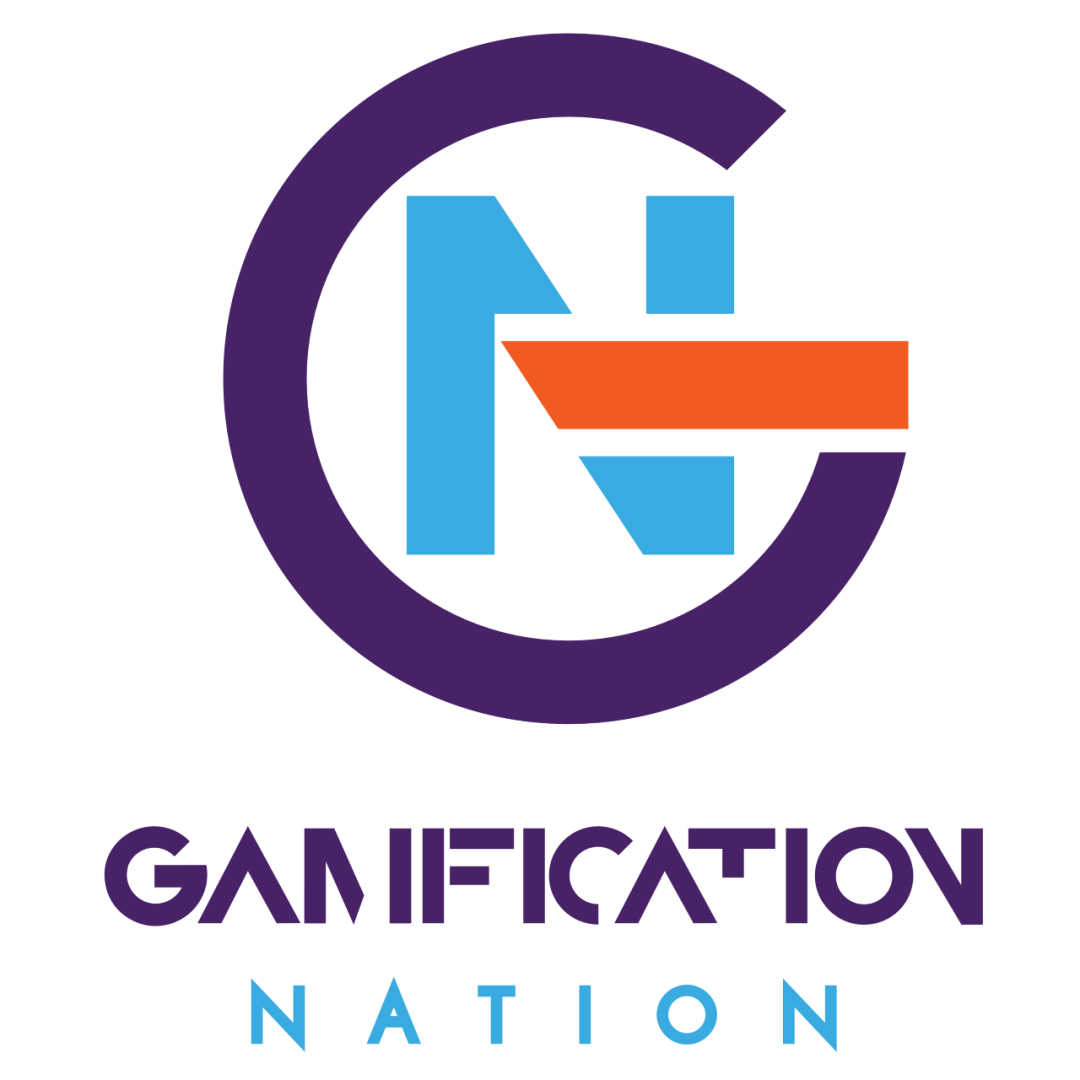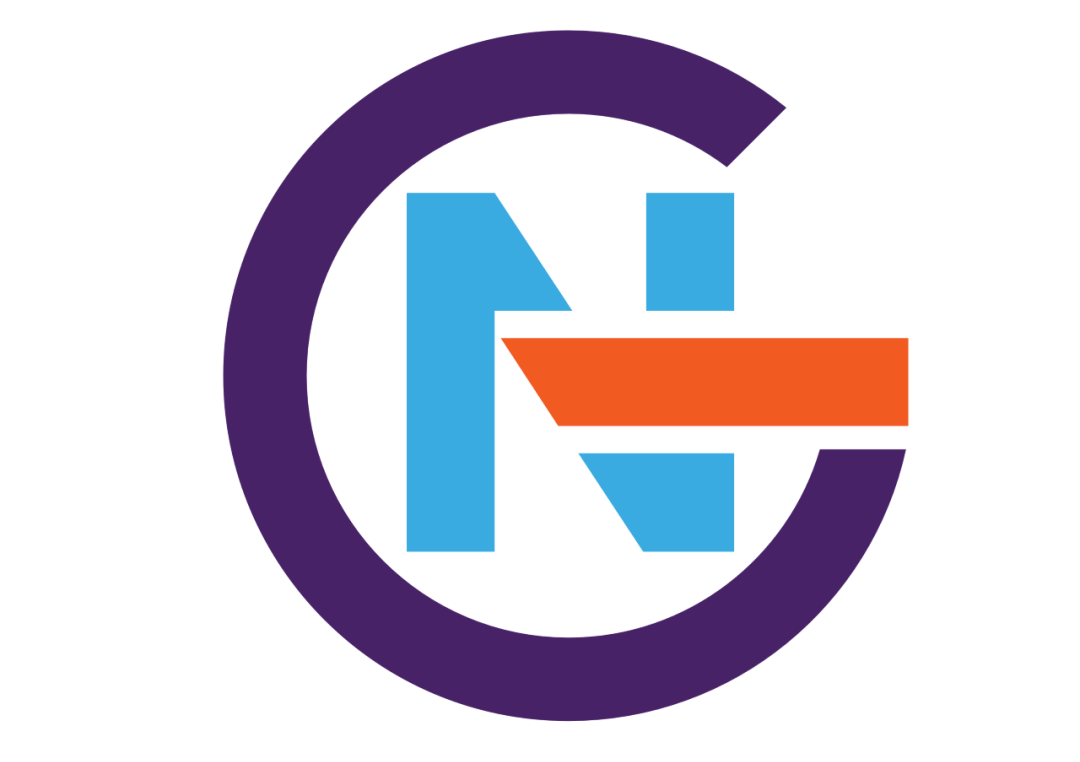Achievement whether it is large or small is often the result of small nudges along the way. Nudges can come in the form of self-talk, reminders, aiming for something, words of encouragement or a kick up the backside to get going again. It also comes in the form of messaging, such as for example: 98% of residents in this area pay their council tax on time, would you like to be one of them, here is how. The statistic in itself will not nudge anyone, but the actual steps after do.
Research by Wharton University and Harvard Business school found that the use of nudges is in fact often more cost-effective than other policy compliance tools. Nudges are different from traditional policy tools in that they encourage certain behaviours without restricting an individual’s options nor incur financial penalties. The team compared the effectiveness of nudge-type strategies with more standard policy interventions, calculating the ratio between an intervention’s causal effect and its implementation cost.
The results showed a pattern: In each of the domains that the researchers examined, nudges were highly cost effective, often more so than the traditional policy interventions.
For example, a nudge-based mailing that prompted employees to write down when and how they planned on getting their flu shot led to about 13 additional people getting vaccinated per $100 spent on the mailing; by contrast, an education campaign on the benefits of the flu vaccine led to only about 9 additional employees at a health care facility getting vaccinated per every $100 spent on the campaign.
This year’s Nobel prize winner Richard Thaler co-wrote a book called Nudge: Improving Decisions about Health, Wealth, and Happiness. He won the Nobel prize for bringing behavioural science into the field of economics.
In making the award, the committee highlighted three of Thaler’s main conceptual contributions. The first, called limited rationality, helps explain why people do not necessarily follow the dictates of classical economics. For example, in the case of the credit card debt, classical economics would predict that people should do whatever maximizes their money. But Thaler argued that people do mental accounting that breaks their wealth up into different accounts that are targeted for specific needs and not for maximizing their overall wealth. Similarly, he showed that people’s innate aversion to admitting a loss will cause them to hang on to a losing stock longer than a winning one.
Second, Thaler studied how so-called social preference influences economics. For example, in the aftermath of a hurricane, petrol may be in short supply, and classical economics would predict that petrol stations should dramatically increase their prices in response. But doing so would violate people’s sense of fairness, and that psychological effect explains why prices remain relatively stable even in response to such emergencies.
Third, Thaler has probed people’s struggles with self-control. For example, workers may resolve to save more for retirement, only to find that they cannot ever get around to squirreling away even a small monthly amount. Borrowing a concept from behavioural psychology and neuroscience, Thaler and colleagues explained that apparent contradiction by developing a “planner-doer” model. According to the model, each of us as an economic agent is torn between the part of us that plans for the future and the part that acts in the moment. So the planner’s desire to save 10% of every paycheck may be constantly overshadowed by the doer’s need to buy home improvement solutions or children’s clothes. Nudges towards the right action by allowing to opt out, rather than in, will help people take the steps they want to make.
In our work in gamification design, we often build in nudges to assist individuals to reach their own goals. The tone and planning of action steps as well as the pre-empting of obstacles and how to negotiate them is what we ask the individual to set for themselves. Then we automate the nudging in fun ways appropriate to their preferences. It increases the stick rate and the results, which obviously is what the individual set out to do with their goal.
Gamified learning applications such as Duolingo and Py both use reminders and login streaks. Py also allows you to set your timing and goal preferences and adjusts accordingly. At the GamifyUS conference in Sweden recently, the speaker from Duolingo said their longest running daily login streak spanned 6 or 7 years…so I guess nudging works. Obviously the motivation to learn needs to be there in the first place but after that I would say it is an impressive statistic.



